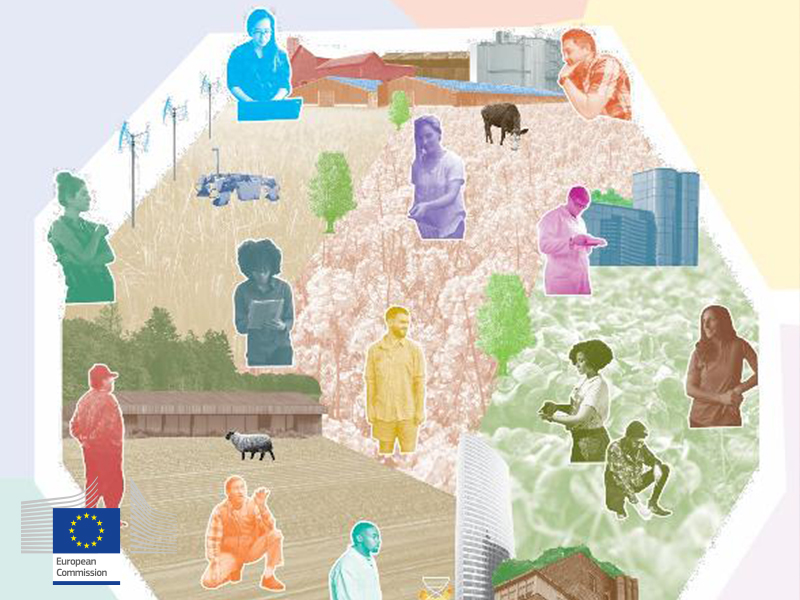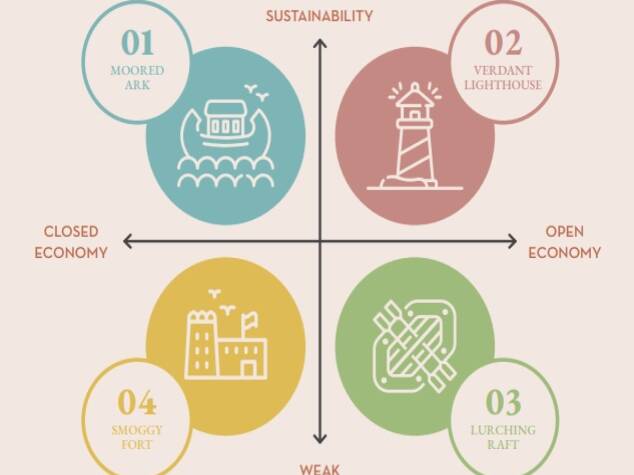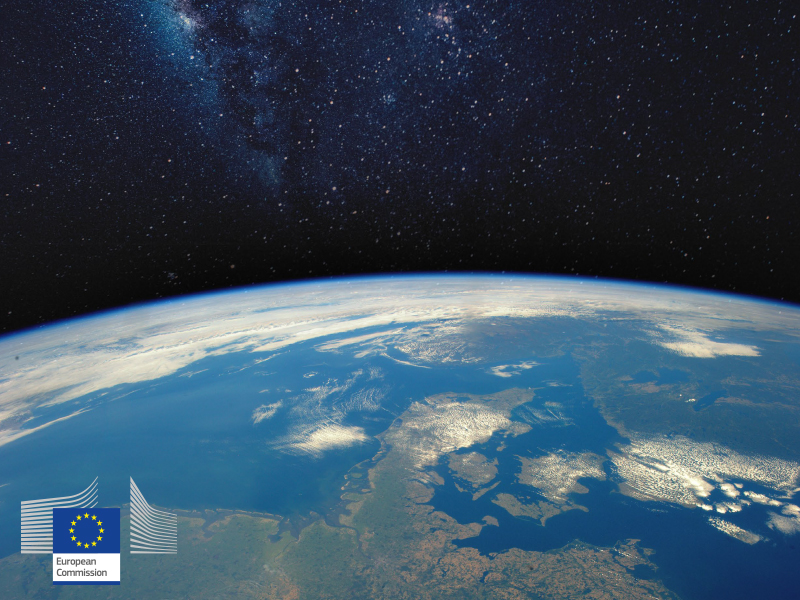Demand for water, food, energy, land, minerals and ores will continue to grow significantly, mainly due to the ever-increasing purchasing power of a growing middle class on a global level. Challenges in meeting demand are expected to be further exacerbated by climate change, thus natural resources will increasingly become more scarce and expensive
Raw Materials Within the last 50 years the world population has doubled and the GDP has increased tenfold. The agricultural and industrial production have increased as well. As a result, the earth has been experiencing an ecological deficit since 1970. In 2019, the Global Footprint Network, a non-governmental organization, warned of the over-consumption of all the natural resources the planet could regenerate in that year. “Humanity is currently using the planet’s resources 1.75 times faster” than our planet’s ecosystems’ capacity to regenerate them, compromising the planet’s future regenerative capacity, underlined the NGO.
Energy According to WWF, consumption of fossil fuels doubles every twenty years, which is a worrying rate given that their level is dangerously low. As the International Resource Panel of the Environment Programme of the United Nations warned, this dramatic increase in the use of non-renewable natural resources will exacerbate climate change, increase air pollution, and reduce biodiversity. It will ultimately lead to depletion of natural resources, causing a worrying shortage of critical materials such as minerals, metals and fossil fuels, whose reserves are finite.
The trend is expected to peak as emerging economies continue to grow and consume more. The growing use of materials per GDP unit will increase environmental pressure. This growing demand for materials may contribute to local conflicts, such as those observed in areas where mining competes with agriculture and urban development. Global capacity from all renewable energy technologies is growing significantly and supporting policies continue to spread around the world.
If all economically viable solutions are pursued to improve the efficiency of renewable energy sources, total energy demand could be maintained at the current level for the next twenty years. The share of renewable energy sources could increase to over 40% by 2040, from 25% today.
Water Resources The combined effects of rising demographic imbalances, increasing consumerism and continuing urbanisation will exponentially increase water demand, whereas supply will become more volatile and uncertain. The reduction of available water resources from over-irrigation causes additional negative environmental effects. Today, it is estimated that almost 70% of the total water resources pumped from above-ground and underground reservoirs worldwide is spent on irrigation, whereas the relevant percentage in Greece reaches 80-85%. A large amount of this water is lost through irrigation network leaks, while an equally large amount is wasted due to poor irrigation practices and lack of planning. The percentage of irrigation water spent on network leaks and over-irrigation ranges from 40% to 60%, depending on the area. This situation should be addressed as a whole, with modern and innovative scientific methods and tools, in order to prevent further strain on the aquifers.
Food Growing population and consumerism increase the demand for food and the pressure on critical resources. Food and water security is exacerbated by climate change and environmental degradation beyond expected standards, affecting the prices of raw materials.
Key Points
- Enhancing research on alternative raw materials
- Improving water resource management and new consumption patterns
- Better / more effective environmental regulations and regulations concerning natural resources
- Focus on circular economy
- Strategic autonomy









